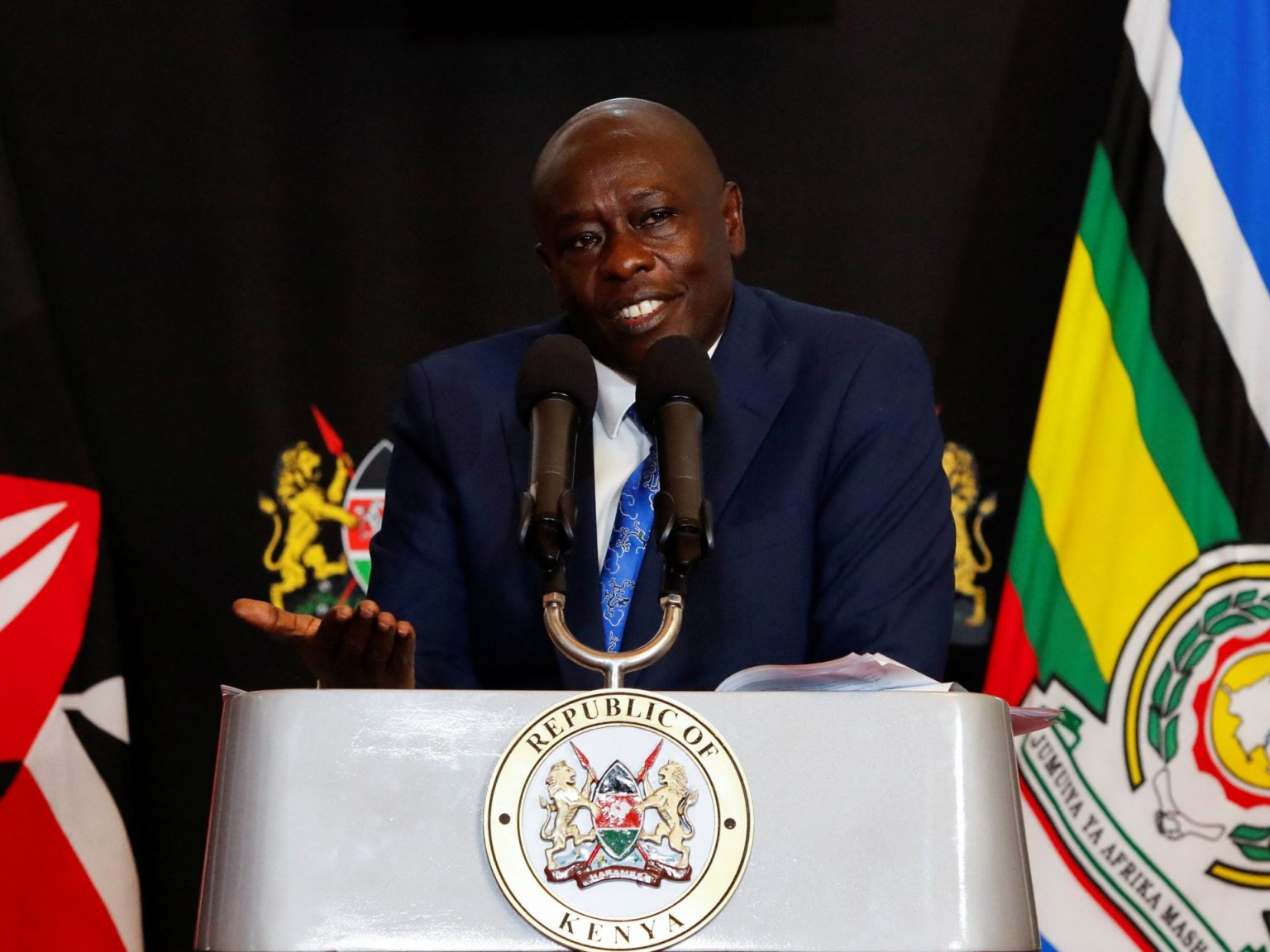The Deputy President of Kenya, Rigathi Gachagua, is facing impeachment by members of parliament on charges of corruption, undermining the government, and stirring ethnic hatred. Gachagua has vehemently denied these allegations and vowed to fight them to the end. Lawmakers initiated the impeachment process on October 1, garnering support from 291 MPs beyond the minimum required. Gachagua is expected to defend himself in parliament on Tuesday afternoon, asserting his innocence and refusing to resign from his position.
Gachagua’s support for President William Ruto in the 2022 elections helped secure a large number of votes from the populous Mount Kenya region. However, reports in the local media suggest that he has since been sidelined and fallen out with Ruto as political alliances have shifted. Ruto made significant changes to his cabinet by bringing in members of the main opposition following nationwide protests against tax hikes that resulted in numerous casualties. MPs aligned with Gachagua, accused of funding the protests, have faced police scrutiny. Gachagua was previously charged in 2021 with acquiring unexplained wealth amounting to over 7.3 billion Kenyan shillings, a case that was dropped when he assumed office alongside Ruto.
The impeachment motion against Gachagua is based on 11 grounds, including allegations of amassing billions of shillings during his tenure as Deputy President despite a modest reported salary. Gachagua attributes his wealth to his family’s businesses in real estate, hospitality, and construction. His controversial statement comparing the government to a company and suggesting preferential treatment for coalition supporters caused outrage among Ruto’s allies. If impeached, Gachagua would be the first Deputy President to face removal through this process since its introduction in Kenya’s 2010 constitution. Despite the lack of formal charges or judicial inquiry, the lawmakers remain determined to proceed with the impeachment motion.
Gachagua’s defiance and refusal to resign indicate a protracted battle ahead as he seeks to clear his name and retain his position. The Deputy President’s strong denial of the allegations and commitment to resisting the impeachment further deepens the rift between him and the government. The political landscape in Kenya is undergoing significant shifts, with Gachagua’s impeachment process highlighting the tensions within the ruling coalition and the repercussions of his perceived actions. The outcome of the parliamentary vote and potential support in the Senate will determine Gachagua’s fate and shape the future dynamics of Kenya’s leadership structure.
The impeachment of Gachagua forms part of a broader political narrative in Kenya, marked by power struggles, shifting alliances, and corruption allegations. The allegations against the Deputy President reflect the ongoing challenges of governance, accountability, and transparency in the country’s political system. Gachagua’s case underscores the complex interplay between political interests, legal processes, and public perceptions, as he faces accusations that could result in a historic removal from office. The unfolding events surrounding Gachagua’s impeachment will influence public trust in the government, the rule of law, and the integrity of Kenya’s democratic institutions. As the country navigates these turbulent waters, the outcome of the impeachment proceedings will have far-reaching implications on its political future and stability.













